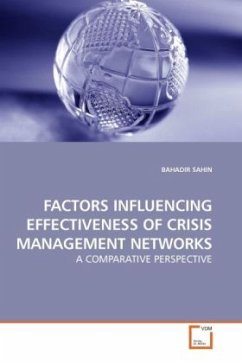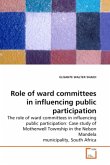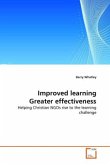Crisis management has become one of the most important public policy areas in recent decades with greater numbers of manmade and natural disasters. History showed that well-implemented crisis management policies can save lives and reduce costs in a disaster. Informal relationships among crisis management employees were suggested to have a positive impact on crisis management effectiveness, yet without a quantitative assessment. This study considers crisis management effort as a network effort and employs complex adaptive systems theory in order to understand factors influencing effectiveness of crisis management networks. Complex adaptive systems theory presents that more open communication lines in a given network or an organization would increase effectiveness of it since inner processes of the network or organization would obtain more information from the chaotic environment. Quality of informal relationships (casual relationships, social capital etc.)was hypothesized as a tool to open more communication lines within an agency which would eventually increase effectiveness of the network constructed by the organizations.
Bitte wählen Sie Ihr Anliegen aus.
Rechnungen
Retourenschein anfordern
Bestellstatus
Storno








